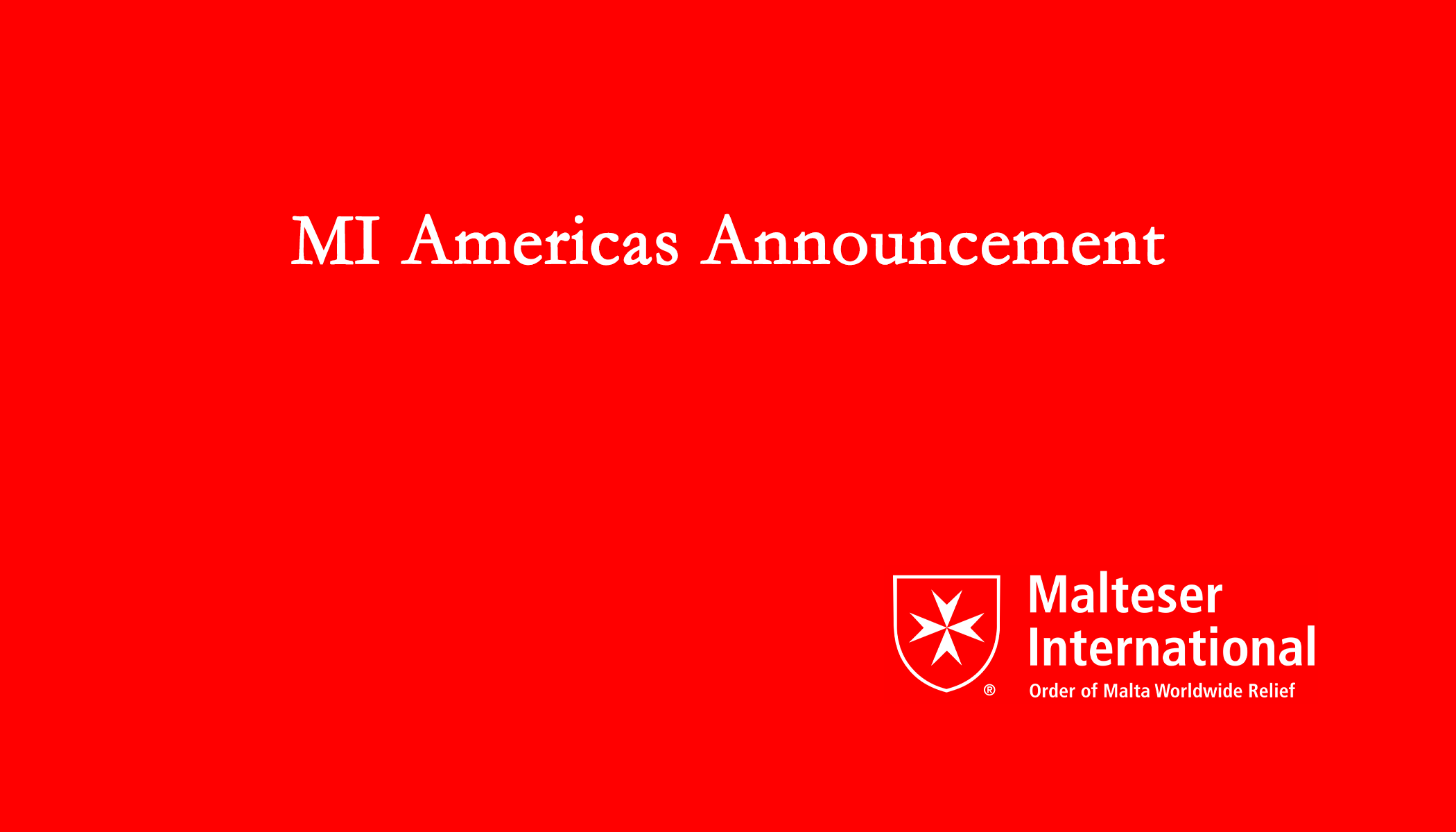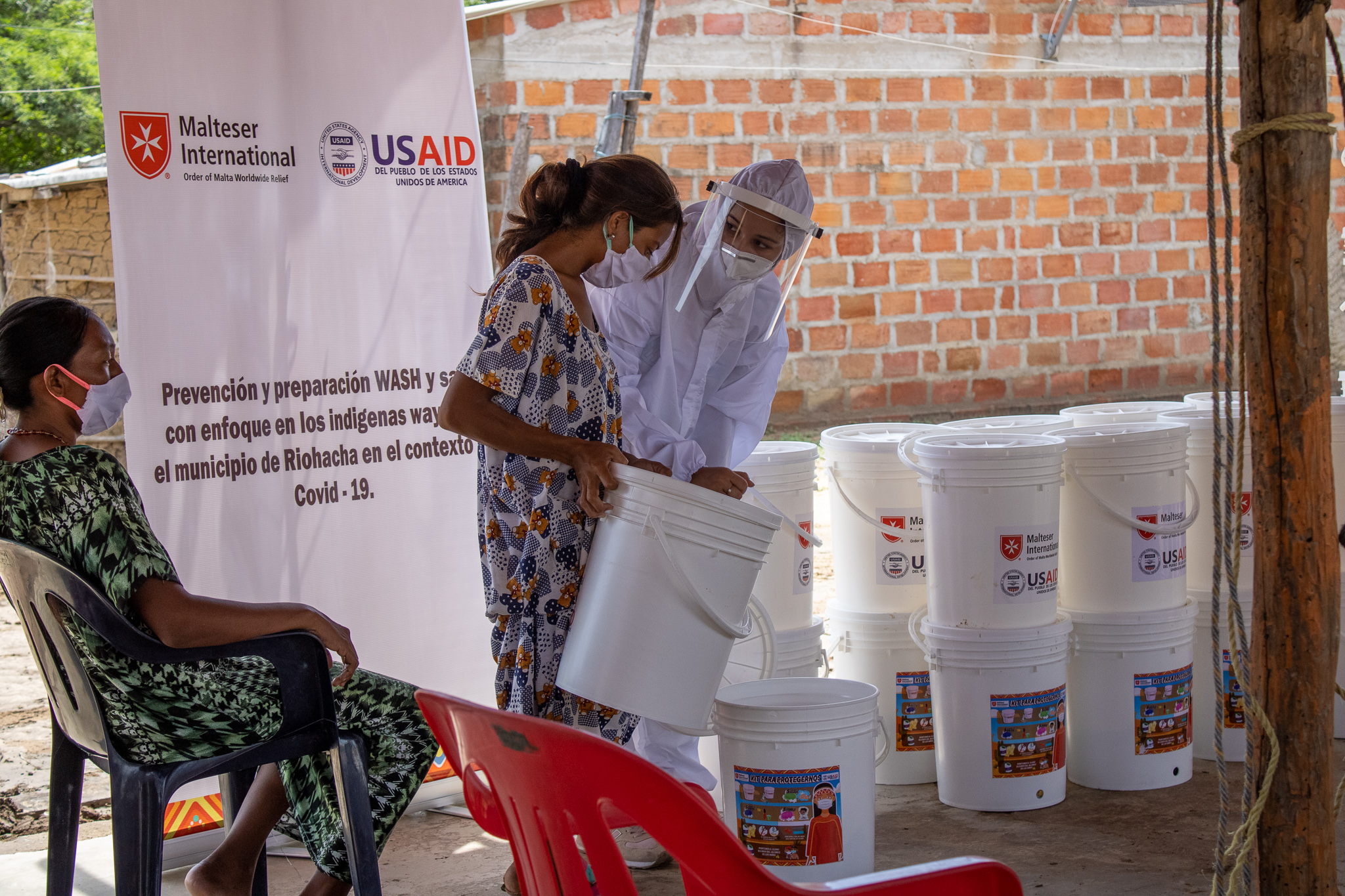South America
Indigenous Communities Struggle to Survive Amid Pandemic
RIOHACHA, Colombia – A doctor by profession, Celina Cotes is a Colombian-born woman who was forced to flee Venezuela after calling it home for decades. Celina is one of thousands of Colombians who have returned to Colombia in recent years due to Venezuela’s social and economic collapse.
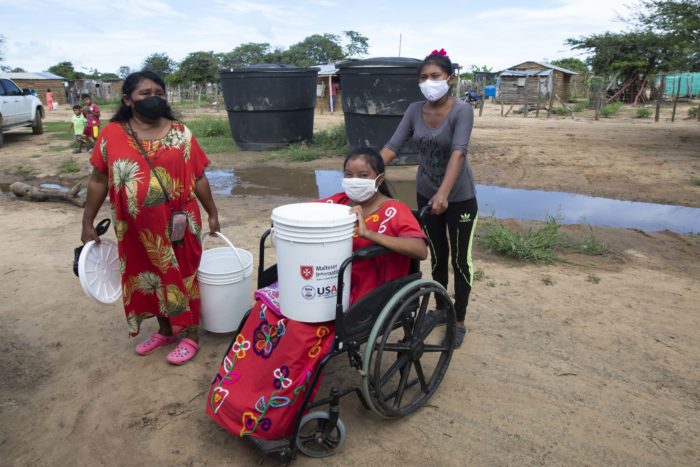
Keila Epinayú Uriana, who is wheelchair-bound due to a lifelong motor neuron disease, made her living selling colorful bags to tourists that flocked Colombia’s beaches – bags which she made using traditional Wayuu crocheting techniques. But this was before the pandemic.
Both Celina and Keila live in Sumaain Wayuu, a small rural village on the outskirts of Riohacha, the capital of Colombia’s northernmost state, La Guajira. While they have lived two very different lives, they share a community, and now, a common struggle.
On a normal day in northern Colombia, both women – a disabled informal worker and a returning migrant – are in a state of flux and uncertainty as they struggle to earn their keep in a society with a history of violence and inequality, and now a global pandemic.
Nearly a year into the pandemic, their situations have become increasingly more precarious. While many around the globe have settled into a “new normal” during COVID-19, small villages like this are literally fighting for survival.
The community of Sumaain Wayuu was already blighted by drought, food insecurity, malnutrition, poor access to health care and education, and economic instability. With little access to water, sanitation, and tools for safe hygiene practices, the pandemic made these communities more vulnerable and caused a lot of panic in its early days. La Guajira is one of the poorest departments in Colombia, where the basic needs of nearly 85 percent of the rural population are unmet.
Malteser International Americas (MI Americas) has been working here since 2014. In 2020, in partnership with the United States Agency for International Development (USAID), the Catholic charitable organization began providing lifesaving hygiene items and trainings, raising awareness about COVID-19, and building the necessary infrastructure to sustain these efforts. Sumaain Wayuu is one of 14 communities benefiting from the project.
“I’m praying this Lent that Catholics here in the U.S. will respond.”
—Thomas Wessels, President of MI Americas
Since the project launched, 702 households have received assistance in Sumaain Wayuu, with the delivery of handwashing and safe water storage kits. During the two following months, the members of the community received “recharges” of consumables (soaps and bleach). In the community, five community water tanks have been installed, each with a capacity to store 6,000 liters of water for handwashing and personal hygiene.
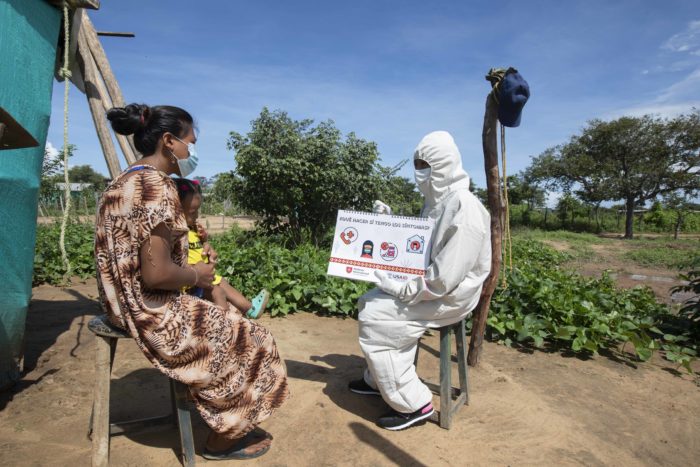
Celina is one of 60 community health and hygiene promoters, 26 in Sumaain Wayuu alone, who conduct door-to-door hygiene and health education presentations to households, raising awareness on the importance of frequent handwashing to help prevent the spread of COVID-19.
The program is just one of MI Americas’ relief efforts near the Venezuela-Colombia border where thousands are crossing daily into Colombia to escape violence, hunger, and lack of medicine under the Venezuelan regime. The ongoing situation has been called the world’s “least talked about crisis.”
“What’s happening in Venezuela is a grievous crime against humanity,” according to Thomas Wessels, president of MI Americas. “To make matters worse, it is one of the world’s most under-funded crises. The international community has spent only $580m in response to the Venezuelan humanitarian crisis, compared to $7.8bn in Syria.” But in the midst of the chaos, residents like Celina and Keila have carried on.
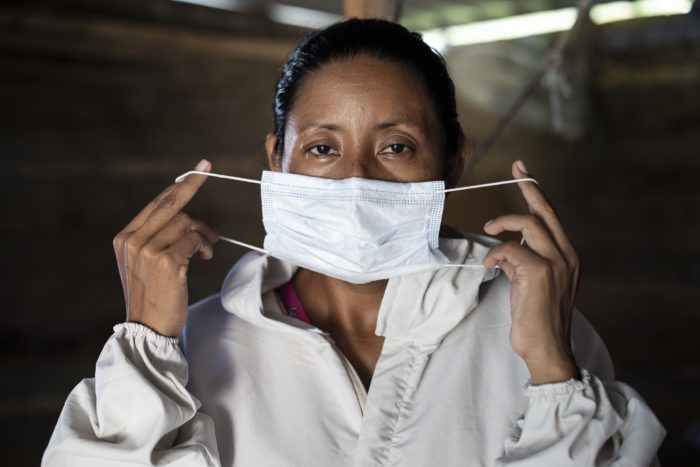
Celina’s flight from Venezuela two years ago was not her first. As a result of the ongoing civil war, Celina had originally fled Colombia in hope of a safer, more stable life. In 2018, the socioeconomic collapse in Venezuela forced her to flee again, this time back to Colombia – leaving almost everything behind. As anti-migrant sentiment has increased the world over, Celina’s re-entry into Colombian society wasn’t seamless. By providing lifesaving information and dispelling myths about the virus as a health promoter in her community, Celina is giving back to the people who welcomed her.
It “has been, indeed, the best thing that could have happened to me” she says, “the opportunity to feel useful, to provide my services to many people who need it”. Meanwhile, through her work crocheting colorful handbags with traditional Wayuu techniques, Keila is contributing to the larger goal of preserving Wayuu culture.
But the pandemic has hampered the livelihood that Keila draws from her craft. A single mother, she lives with her daughter and seven of her relatives in a modest adobe shack on the outskirts of Riohacha. With limited mobility due to her disability, Keila used to send her cousin to Riohacha to sell the bags she wove. But as Colombia entered one of the most stringent lockdowns last spring, and tourism came to a screeching halt, informal workers like Keila and her relatives were the first to bear the brunt of the pandemic’s economic slowdown.
Today, nearly a year later, the challenges of the pandemic remain fierce. But working alongside women like Keila and Celina, MI Americas continues its efforts to create sustainable programs in Sumaain Wayuu and other impoverished communities. But the long shadow of COVID-19 looms and much work remains to be done.
“The pandemic has made a grave situation even worse,” says Wessels. “I’m praying this Lent that Catholics here in the U.S. will respond. We are committed in Christ to bring relief to these suffering families – but we’re in dire need of help.”

